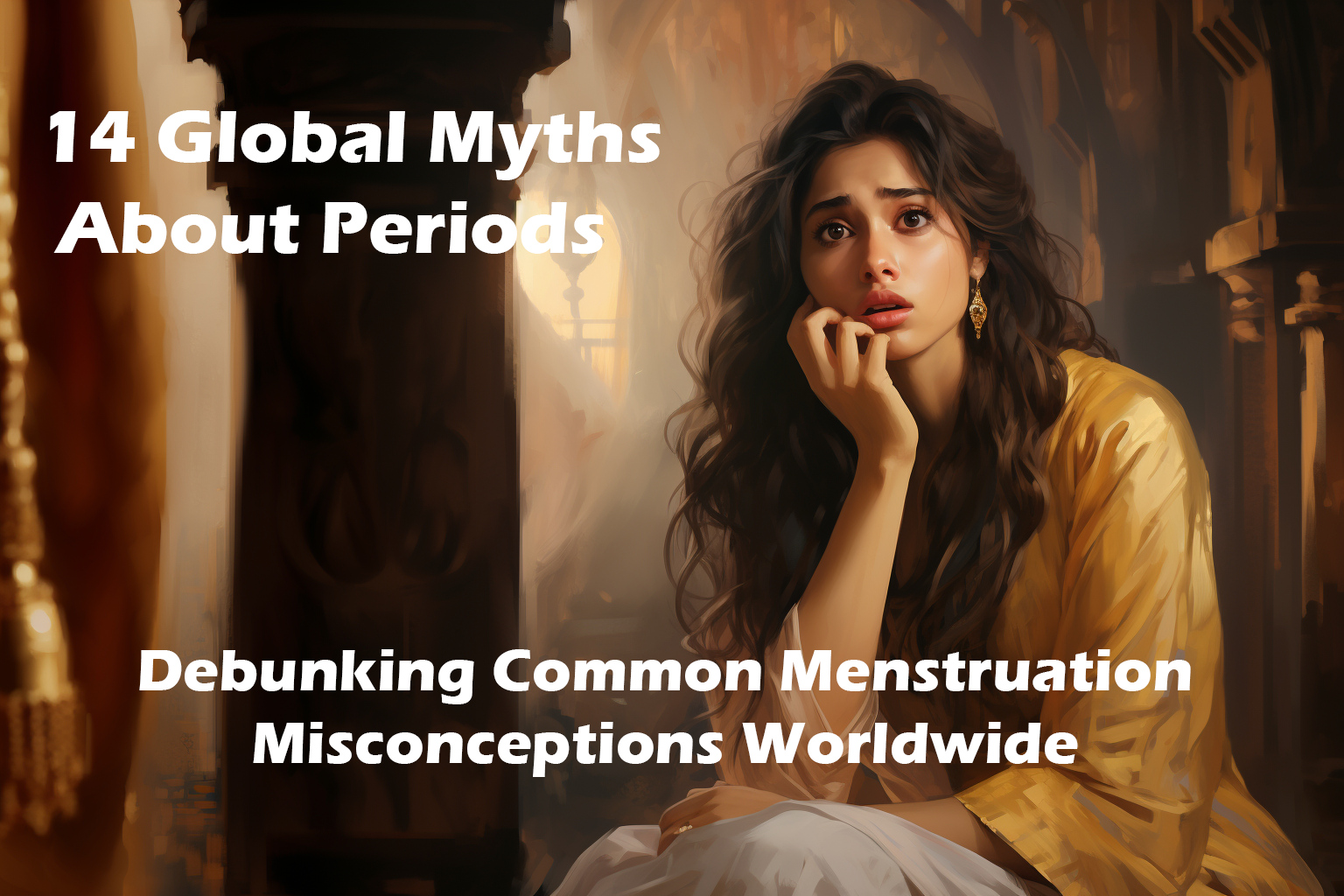Table of Contents
- Introduction
- What is HPV?
- The Importance of the HPV Vaccine
- Who Should Get the HPV Vaccine?
- How the HPV Vaccine Works
- Safety and Side Effects of the HPV Vaccine
- Cost and Accessibility of the HPV Vaccine
- FAQs About the HPV Vaccine
- Conclusion
Introduction
The human papillomavirus (HPV) is a common virus with far-reaching consequences, and the HPV vaccine is an essential tool in the fight against HPV-related health issues. This comprehensive guide covers everything you need to know about the HPV vaccine, from its importance and benefits to eligibility and cost.
What is HPV?
HPV is a group of more than 200 related viruses, some of which can lead to a range of health problems, including genital warts and various types of cancer. In fact, HPV is responsible for nearly all cases of cervical cancer, as well as a significant percentage of other cancers in the reproductive and oral regions.
The Importance of the HPV Vaccine
The HPV vaccine provides protection against the most common and harmful types of the virus, significantly reducing the risk of developing HPV-related health issues. By getting vaccinated, individuals can safeguard themselves and their partners from potentially life-threatening illnesses.
Key Benefits of the HPV Vaccine
- Prevents the majority of cervical cancer cases
- Reduces the risk of other HPV-related cancers
- Protects against genital warts
- Contributes to herd immunity, protecting vulnerable individuals
Who Should Get the HPV Vaccine?
The HPV vaccine is recommended for both males and females, with the following age-specific guidelines:
- Children and adolescents: The vaccine is routinely recommended for all children aged 11-12, with catch-up vaccinations available for those aged 13-26 who have not yet been vaccinated.
- Adults aged 27-45: Adults in this age group who have not been previously vaccinated should discuss their risk factors and potential benefits with a healthcare professional.
How the HPV Vaccine Works
The HPV vaccine works by stimulating the immune system to produce antibodies that protect against the virus. The vaccine does not contain live viruses, so it cannot cause an HPV infection. There are currently three HPV vaccines available, all of which provide protection against the most high-risk strains of the virus:
- Gardasil 9: Protects against nine types of HPV, including the most common cancer-causing strains and the two types responsible for most cases of genital warts.
- Cervarix: Protects against the two high-risk HPV types most commonly associated with cervical cancer.
- Gardasil: Protects against four types of HPV, including the two high-risk strains covered by Cervarix and the two strains that cause most genital warts. This vaccine is no longer distributed in the United States, as Gardasil 9 offers broader protection.
The HPV vaccine is typically administered as a series of two or three shots, depending on the recipient’s age:
- For individuals aged 9-14: Two doses are recommended, with the second dose given 6-12 months after the first.
- For individuals aged 15 and older: Three doses are necessary, with the second dose given 1-2 months after the first, and the third dose given 6 months after the first.
Safety and Side Effects of the HPV Vaccine
The HPV vaccine has undergone extensive testing and is considered safe for the vast majority of individuals. Like any vaccine, there may be some side effects, which are typically mild and short-lived. Common side effects include:
- Pain, redness, or swelling at the injection site
- Fatigue
- Headache
- Muscle or joint pain
- Fever
In rare cases, individuals may experience more serious side effects, such as an allergic reaction. If you experience difficulty breathing, hives, or swelling in the face or throat, seek medical attention immediately.
Cost and Accessibility of the HPV Vaccine
In many countries, the HPV vaccine is covered by national immunization programs, making it widely available and free of charge for eligible individuals. In the United States, the vaccine is covered by most private health insurance plans, as well as the Vaccines for Children (VFC) program, which offers free vaccines to eligible children and adolescents.
For those without insurance coverage, the cost of the HPV vaccine can range from $150 to $250 per dose. However, financial assistance programs and low-cost vaccination clinics may be available to help reduce the cost burden.
In India, the cost of the HPV vaccine can vary depending on factors such as the brand of the vaccine, the location, and the healthcare provider administering it. On average, the price of the HPV vaccine ranges from INR 2,000 to INR 3,500 per dose. Keep in mind that the vaccine typically requires two or three doses, depending on the recipient’s age, which means the total cost for the complete vaccination series may range from INR 4,000 to INR 10,500. It’s important to check with your local healthcare provider for the most accurate and up-to-date pricing information.
FAQs About the HPV Vaccine
Can I get the HPV vaccine if I already have HPV?
Yes, individuals who have already been infected with HPV can still benefit from the vaccine. The vaccine will not treat existing infections or related health problems, but it can protect against other strains of the virus not yet contracted.
Can the HPV vaccine be given to pregnant individuals?
The HPV vaccine is not recommended for pregnant individuals. If you become pregnant during the vaccination series, it is advised to wait until after pregnancy to complete the remaining doses.
How effective is the HPV vaccine?
The HPV vaccine has been shown to be highly effective in preventing infections with the targeted strains of the virus. Clinical trials have demonstrated over 90% effectiveness in preventing cervical precancers and genital warts associated with the vaccine-targeted strains.
Conclusion
The HPV vaccine is a crucial tool in preventing HPV-related health problems, including cervical cancer and genital warts. By educating yourself and others about the vaccine’s benefits, eligibility, and accessibility, you can contribute to a healthier, safer future for everyone. Talk to your healthcare provider to determine if the HPV vaccine is right for you or your loved ones.






One thought on “The Ultimate Guide to the HPV Vaccine”